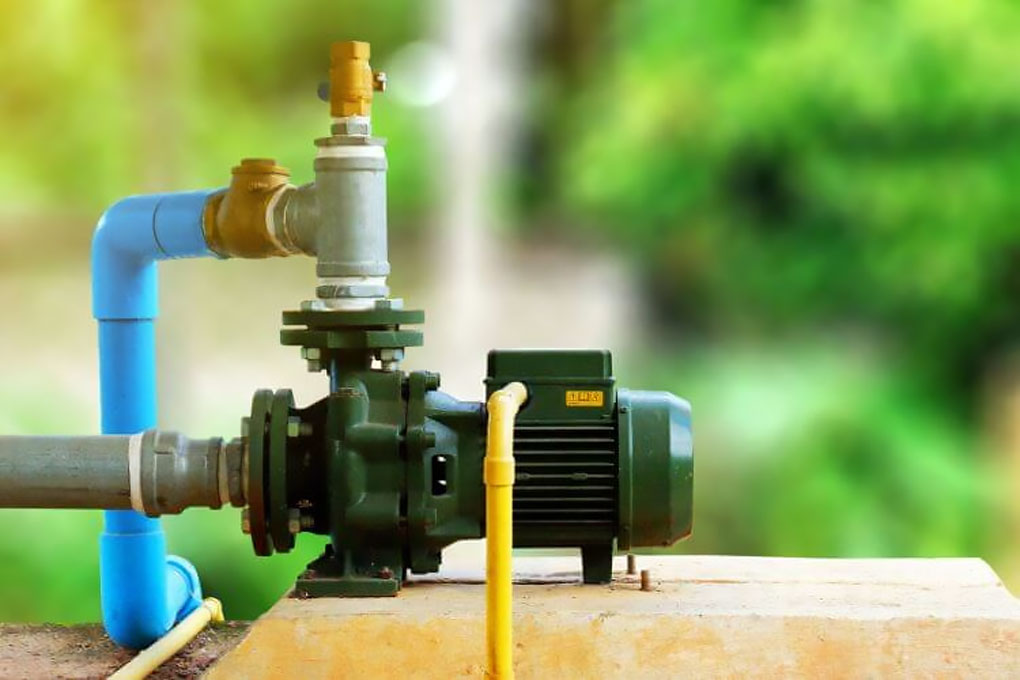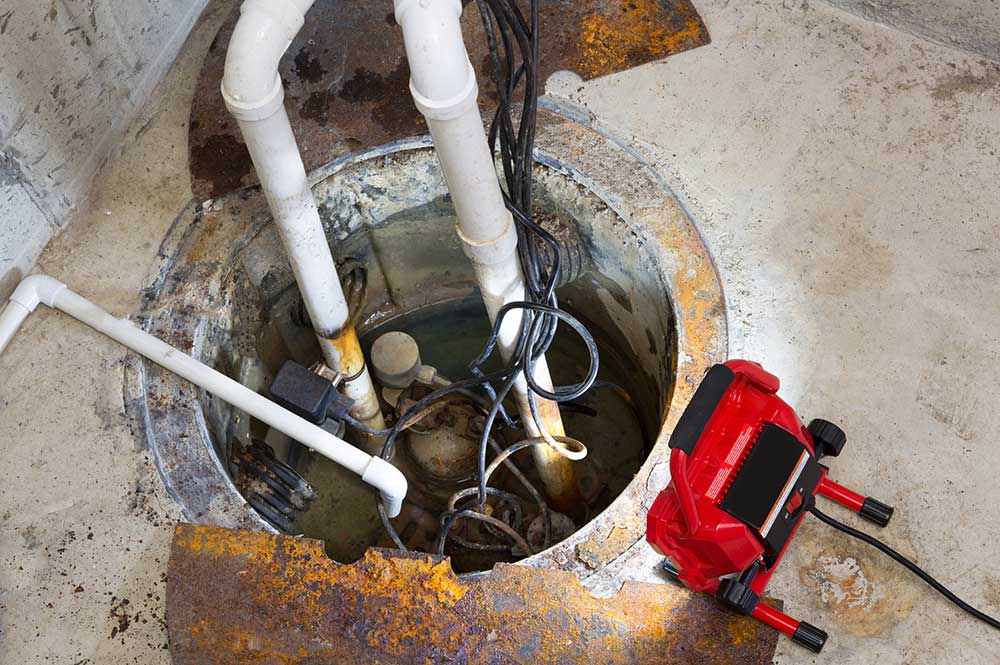Specialist Pump Repairs & Installation Providers: Enhancing Your Water supply's Efficiency
Recognizing the Trick Parts of Effective Water Filtering Solutions

Relevance of Water Filtration Solution
Water filtering systems play a crucial duty in guaranteeing access to secure and clean alcohol consumption water by effectively removing pollutants and contaminants. These systems are vital in dealing with the growing concerns over water high quality and the prospective health and wellness risks related to taking in infected water. By making use of different filtration systems such as reverse osmosis, triggered carbon, and UV sterilization, water filtering systems can efficiently eliminate harmful compounds like bacteria, viruses, heavy steels, and chemicals from the water.
Furthermore, water filtration systems help to improve the taste and odor of water by removing chlorine, sediments, and other toxins that can impact its top quality. Water Softeners. This enhancement in water top quality not only makes it more tasty yet additionally urges people to drink a sufficient amount of water daily, advertising much better hydration and overall health and wellness
Sorts Of Filtration Components

Physical filters are created to literally strain out pollutants from the water. These filters can be made of products like ceramic, carbon, and even sand, and they function by trapping fragments bigger than the filter's pores as water travels through.
Chemical filters make use of different chemical processes to get rid of contaminants from the water. Instances include turned on carbon filters, which adsorb pollutants, and turn around osmosis membrane layers, which use pressure to separate contaminants from the water.
Organic filters use living microorganisms like bacteria or algae to break down raw material and pollutants in the water. These filters are frequently made use of in wastewater treatment plants or all-natural water filtration systems.
Understanding the different types of filtering parts is essential for picking one of the most appropriate water purification system for specific filtration demands.
Function of Sediment Filters
Debris filters play a critical duty in water purification systems by properly catching strong bits put on hold in the water. These filters are commonly the very first line of defense in a purification system, removing bigger particles such as sand, silt, dirt, and rust before the water relocates through finer filtering stages. By trapping these debris, the filters stop them from getting to downstream parts, thus extending the life-span and performance of the entire system.
The feature of sediment filters is vital in preserving water top quality and shielding delicate tools from damages brought on by debris. Furthermore, by removing visible particles, debris filters boost the quality and taste of the water. Regularly replacing or cleaning up debris filters is necessary to site here make sure ideal efficiency. Disregarding this maintenance can cause blocking, decreased water circulation, and endangered filtration effectiveness. On the whole, debris filters are vital components that add significantly to the efficiency of water purification systems.
Function of Activated Carbon Filters
Playing an important duty in water filtering systems, turned on carbon filters are critical in getting rid of impurities and contaminants from the water supply. As water passes through the filter, the turned on carbon holds and brings in onto the impurities, ensuring that the water that comes out on the various other side is cleaner and more secure for usage.
Activated carbon filters are highly effective at improving the preference and odor of water by reducing chemicals that can affect its high quality. Due to their flexibility and integrity, turned on carbon filters are a crucial component in making sure that water is purified to the greatest standards before getting to consumers.
Recognizing Reverse Osmosis Equipments
Reverse official source osmosis systems are advanced water filtering systems that employ an advanced procedure to eliminate contaminants and impurities from drinking water. These systems function by using pressure to the water, compeling it through a semi-permeable membrane. This membrane layer works as a barrier, permitting only pure water particles to go through, while blocking larger molecules such as minerals, chemicals, and other pollutants. Because of this, the water that comes out on the other side is significantly cleaner and much safer for usage.
One trick advantage of reverse osmosis systems is their capability to eliminate a wide variety of impurities, consisting of hefty steels, liquified microorganisms, solids, and viruses. This makes them very effective in improving the general quality and safety and security of drinking water. In addition, reverse osmosis systems are fairly low-maintenance and can be installed under the sink or in a main filtering system, supplying practical access to tidy water throughout the family. Generally, comprehending how reverse osmosis systems work can aid individuals make notified choices concerning their water filtration demands.
Conclusion
In final thought, effective water filtration click this site systems are crucial for guaranteeing clean and secure alcohol consumption water. The crucial elements of these systems consist of debris filters, triggered carbon filters, and reverse osmosis systems. By comprehending the feature and role of each element, people can make educated choices when selecting a water purification system. It is necessary to prioritize the high quality of water in order to advertise overall health and well-being.
Water purification systems play a vital function in ensuring accessibility to secure and clean alcohol consumption water by successfully removing contaminants and contaminations. By utilizing numerous purification devices such as reverse osmosis, turned on carbon, and UV sterilization, water purification systems can efficiently remove unsafe substances like microorganisms, infections, heavy metals, and chemicals from the water supply.
Debris filters play an important function in water filtration systems by effectively capturing strong fragments put on hold in the water (Well Pump Replacement).Playing a critical function in water filtering systems, triggered carbon filters are important in eliminating impurities and contaminants from the water supply.Reverse osmosis systems are innovative water purification systems that employ a sophisticated process to eliminate contaminants and pollutants from drinking water